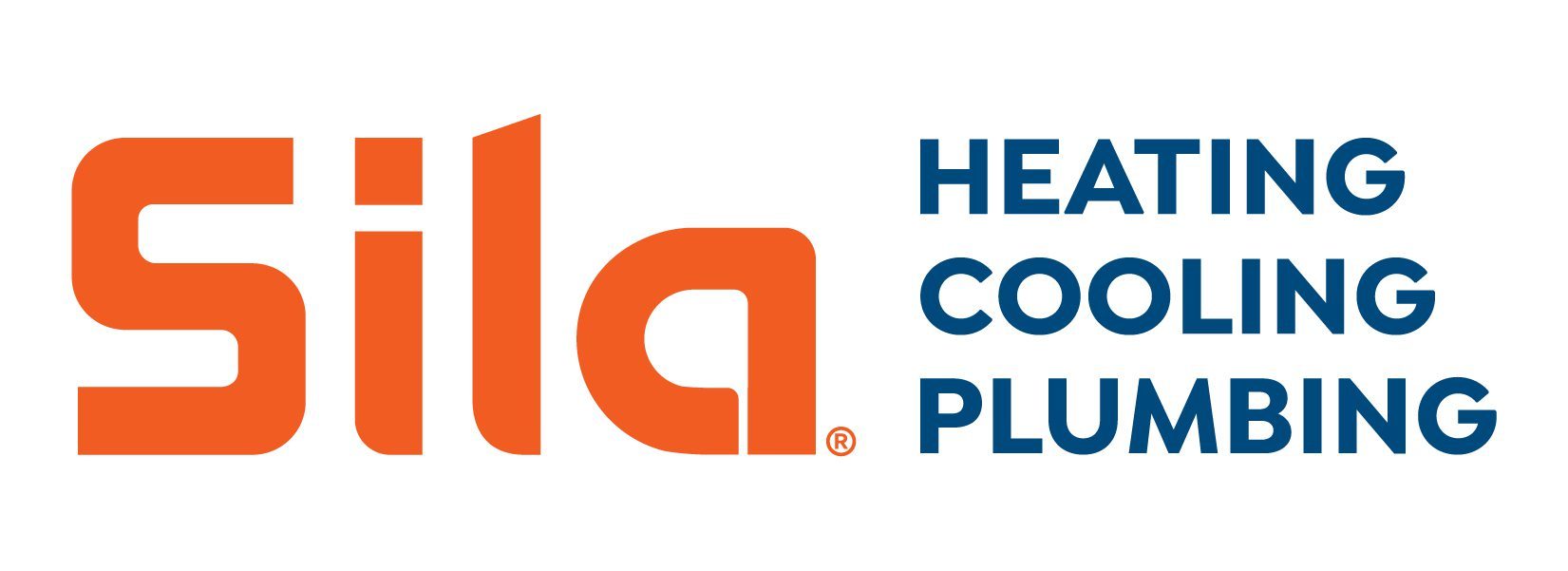Winter might feel far off, but when that first snowstorm hits, the last thing you want is to discover an issue with your heating system that you could have addressed sooner. Proper heating system preventive maintenance now can keep minor issues from becoming major fixes down the road.
Whether you have a furnace, a heat pump, or a multipurpose unit, prepping your HVAC system for winter can also optimize your system’s operational efficiency, lower your energy bill, and extend the overall life of your system. In general, seasonal maintenance tasks are easy to do, and the payoff is big.
To prepare your home and HVAC system for winter, we’ve compiled a handful of key tips and to-dos to check off this fall.
Replace HVAC filters
Dirty filters cause your HVAC system to work harder to move heat across your home. We recommend replacing filters once a season, and more frequently if you smoke, have pets, or live in a dusty area.
A clean filter increases airflow and prevents the debris caught in the dirty filter from being recirculated through your house. Replacing your air filter is a simple DIY project. But if for any reason you don’t feel comfortable with it, we can install it to ensure that you have the correct fit. We’ll also show you how it’s done so you know how to do it in the future.
Additionally, check and clean air vents throughout your home. The buildup of dust and dirt within your home can also cause ventilation blockages and inefficient airflow.
Schedule your HVAC system tune-up
The best time for HVAC maintenance is during off-peak seasons—spring and fall—when your AC or heating unit is needed the least. By scheduling twice a year check-ups with a trusted and trained HVAC technician, you can ensure your system is running in tip-top shape before you need it most.
Your HVAC pro should inspect the belts, motors, electrical switches, thermostats, and pressure. Doing this not only ensures that your system runs dependably and efficiently all winter long, but it minimizes the need for future repairs. When left unchecked, minor issues can lead to loss of efficiency and higher energy costs, premature breakdown of components and ultimately a shorter lifespan. Regular maintenance may also be needed to keep your manufacturer warranty valid.
Prepare your pipes
A broken pipe can be caused by extreme pressure from expanding ice. The resulting water leak can cause costly damage, particularly if you’re not home when it occurs.
To prevent your pipes from freezing, keep your heating system on—at least 55 degrees—even when you’re not home. Installing a smart thermostat can make it easy to monitor and change the temperature of your house while you’re away.
Insulation can also protect your pipes from extreme temperatures, particularly those located in a crawl space, basement, garage, or near the exterior of your home. Applying insulation can pay big dividends for your home, and can be completed by one of our certified technicians.
Install or check your sump pump
The purpose of a sump pump is to keep your basement dry and prevent flooding by discharging water away from the foundation of your home. The changing of the seasons is a good time to clear out debris in your sump pump’s pit. Make sure there’s no dirt, gunk, ice or other debris to help avoid clogs in the intake or discharge pipes. Check our sump pump maintenance tips for more recommendations.
It’s helpful to have an extra discharge hose handy in case your primary one freezes or breaks. If it freezes, just remove it, attach the spare and let the frozen one thaw out. And while you might think you don’t need your sump pump over the winter months, you shouldn’t unplug it entirely. If a warm front comes through, snow melts and a rainstorm hits, you might end up with a wet basement all because you forgot to plug your sump pump back in.
Winterize your AC system
For homeowners in the mid-Atlantic region where extreme winter conditions exist, it’s smart to fully winterize your outdoor AC unit before the snow and ice arrive. Start by turning off the exterior power to your outdoor unit, and then use a broom to sweep away all leaves, twigs, and grass clippings. A garden hose can help provide a thorough rinsing, removing animal droppings, bugs, dust, and dirt. Cleaning your air conditioner prevents it from getting clogged and breaking down when you go to use it again next summer.
Once dried, cover the HVAC unit with a waterproof cover that can breathe so moisture doesn’t build up over the winter months. And remember to clear snow, ice, and debris as it accumulates in the coming months.
Get your home ready for winter
As a precursor to winter, fall is the ideal time to conduct these simple tasks to make sure your home and HVAC system has a smooth transition to more extreme conditions ahead. Contact Sila today to schedule a HVAC maintenance appointment with one of our factory-trained professionals or for answers to your questions about how you can prepare for the coming season.

